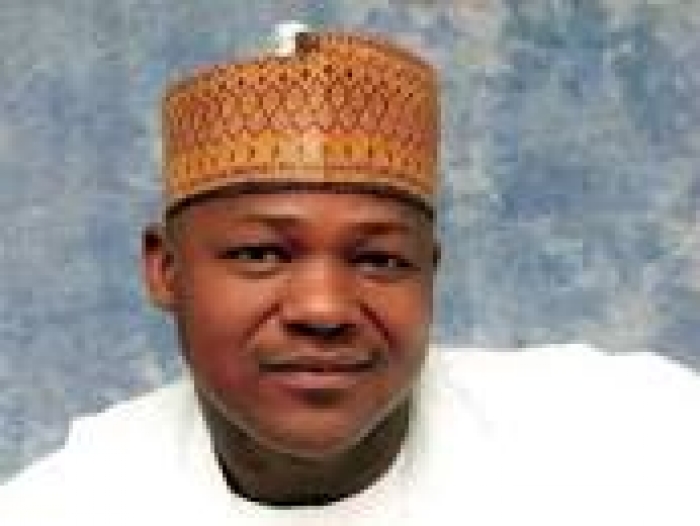…Calls on stakeholders to take position on pending transport sector bills
The Speaker of the Nigeria’s House of Representatives, Rt. Hon. Yakubu Dogara has identified some areas of improvement in the port concession agreement between the Federal Government and the port concession which if taken care of will see to the full realization of the dividends of the concession exercise for the country.
Dogara who was speaking at a one day conference on “Review of the Port Concession Agreement with focus on Rights and Obligations of the Lessor and Lessee, Role of the Economic Regulator, Effect of Persistent Gridlock on Port Access Roads on the Concession Exercise”, organized by the Nigerian Shippers’ Council in conjunction with the International Maritime Exhibition and Conference Limited in Lagos identified those areas to include the full automation of cargo clearing process and procedures, empty container management and enhancement, reduced bureaucracy and red-tapism as well as rehabilitation of the port access roads.
Represented by the Deputy Chief Whip of the House of Representatives, Hon. Pally Iriase, the Speaker however recalled that government concession of the nation’s seaport terminal in 2006 in line with the port reform programme was to improve port efficiency, reduce the cost of doing business at the nation’s ports, attract investment in port infrastructure, generate more revenue for the government, create employment, encourage private sector participation in port development as well as impact positively on the overall wellbeing of the economy.
“We know that since the operationalization of this agreement, there has been some remarkable improvements as the terminal operators from 2006 till date have recorded some remarkable achievements as evidenced by the injection of fund for the provision of port infrastructure and equipment, the modest achievement on the sea side operation which has practically reduced the vessel turnaround time at our ports, the perimeter fencing of all our terminals in compliance with the ISPS Code, improved security of cargoes at the terminals etc.”, he said.
He recalled that at the twilight of the last administration, many fiscal bills on the transport sector was submitted to the National Assembly as executive bills among which were the National Transport Commission bill and the Nigeria Ports and Harbours bill adding that those bills had taken the executive arm of government many years to prepare.
According to him,” We currently have a dilemma because under the House rules, since the last National assembly has come to an end, bills submitted to it will have to be specifically revived as private member bills or represented by the President as executive bills.
“Currently however, some members have represented these bills for legislative action. We think that these relevant bills will soon passed on to the public for their input and we therefore charge you to holistically look at them and recommend best way forward as experts”.
He therefore called on the participant at the conference to critically analyse and review not only the port concession agreement but also to take a position on the said bills in the transport and maritime sector of the economy so as to reposition the nation’s ports as a hub of the international pride and trade in West and Central Africa.
Send your news, press releases/articles to info@primetimereporters.com. Also, follow us on Twitter @reportersinfo and on Facebook at facebook.com/primetimereporters or call the editor on 07030661526.

